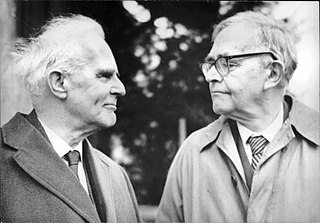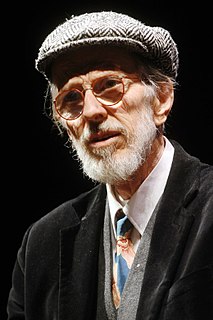A Quote by Thomas Carlyle
To know, to get into the truth of anything, is ever a mystic art, of which the best logic's can but babble on the surface.
Related Quotes
For the Platonic or Aristotelian philosophy, it is of no importance whether Plato or Aristotle ever lived. For the mystical practice of an Indian, Persian, Chinese, or Neo-Platonic mystic it is a matter of indifference whether Rama, Buddha, Laotse, or Porphyrius are myths or not. The mystic has no personal relation to them. It is not here a question of somebody telling me the truth which of myself I cannot find, but of my finding an access to the depths of the world in the depths of my soul.
[Comics is] one of the last havens for honesty when it comes to a reader's genuine response to art. Most of us, if we don't find any sympathy or pleasure, for example, in a modern painting, are likely to blame our own ignorance of the history and theory of painting. But nobody pretends to like a bad comic strip. Such harshness is necessary for any real truth to surface, I think, and for art to really contribute anything to life. Though I don't know. I could be wrong.
I told him the truth, that I loved him and didn't regret anything about our lives together. But do we ever 'tell the truth, the whole truth, and nothing but the truth, so help me God' as my father used to say, to those we love? Or even to ourselves? Don't even the best and most fortunate of lives hint at other possibilities, at a different kind of sweetness and, yes, bitterness too? Isn't this why we can't help feeling cheated, even when we know we haven't been?
Knowing means to penetrate through the surface, in order to arrive at the roots, and hence the causes; knowing means to "see" reality in its nakedness. Knowing does not mean to be in the possession of the truth; it means to penetrate the surface and to strive critically and actively in order to approach truth ever more closely.








































